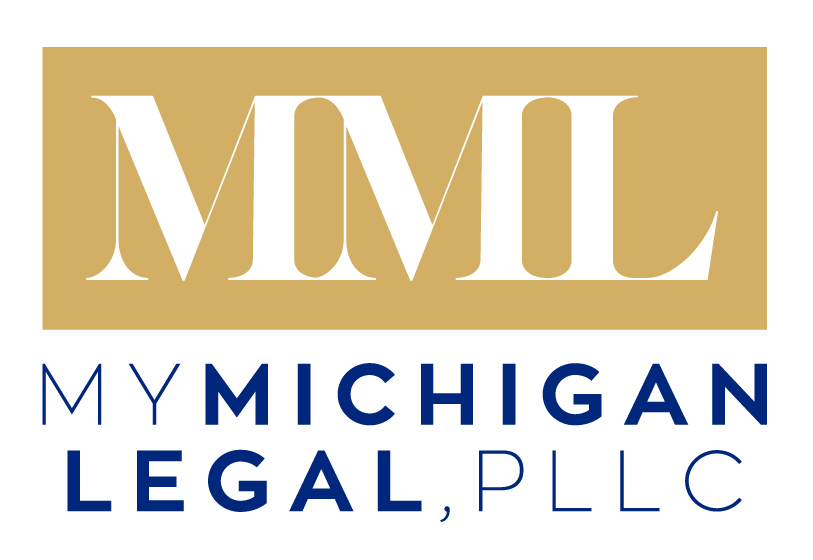WHITE-COLLAR CRIME
WHAT IS WHITE-COLLAR CRIME?
White-collar crime is a term used for crimes committed by people who are “considered respectful and have a high social status due to their occupation” as defined by sociologist Edwin Sutherland in 1939. People still use his definition today. White-collar crimes are often committed by people who have professional jobs or other types of jobs that require a suit and tie. These crimes are non-violent and the motivation for these crimes is money. Most of the time, these crimes happen within an organization or using information from another organization illegally to make money (such as insider trading).
While white-collar crimes are non-violent, prison time and other punishment is still very possible and can include high fines and restitution. If someone at your work is being investigated for a white-collar crime, you might also be in danger of being prosecuted. This means that even if the focus of an investigation is not on you right now, it could be in the future. Investigators looking into white-collar crime will look at every part of the company where the crime happened. If you live or work in Michigan, you should know that the state takes these crimes seriously and will pursue anyone they think might have committed one.
Common examples of Michigan white-collar crime include:
- Bribery
- Misuse of funds
- Fraud
- Mortgage Fraud
- Health Care Fraud
- Conducting a Criminal Enterprise
- Embezzlement
- Money Laundering
- Forgery
- Identity Theft
- Tax Evasion
- Conspiracy
If you are being investigated or have been charged with a white-collar crime, then it is crucial that you seek the advice of an experienced criminal defense attorney as soon as possible.
WHAT HAPPENS WHEN SOMEONE IS CONVICTED OF WHITE-COLLAR CRIME?
Jail/Prison: If someone is convicted of embezzlement, then that person could go to jail or prison. Several jail and prison sentences exist depending on the white-collar crime alleged. If an individual is accused of taking more than $1,000, then they could go to prison for up to five years. If someone is convicted of forgery, then they face up to 14 years in prison. If someone is convicted of conducting a criminal enterprise, they fax a maximum sentence of 20 years. Judges have wide latitude when determining jail or prison sentences for white-collar crime convictions.
Probation: Probation is an alternative to jail, and sometimes an additional sentence that comes with a white-collar crime conviction. While on probation for a white-collar crime, an offender will have to follow strict guidelines and rules, such as staying alcohol or drug free. The individual will be assigned a probation agent who will monitor them and make sure they are in full compliance with the terms of their probation. Any violations of probation can result in lengthy jail or prison sentences.
Restitution: White-collar crime cases often involve large sums of money. A judge can order an individual to pay back any money that was stolen from a victim due to illegal activity. White-collar crime convictions can easily result in high dollar restitution orders given by judges.
Fines: White-collar crime convictions also typically result in hefty fines. A conviction for conspiracy to conduct a criminal enterprise carries a fine of up to a $100,000, while a conviction for residential mortgage fraud carries a fine of up to a $500,000. Fines for high-level white-collar crime convictions can easily end up over a million dollars.
Other: A white-collar crime conviction can hurt you in other ways such as losing your job, being unable to get a job, and the possible suspension and/or revocation of any professional licenses you may have. If you are a professional such as a doctor, lawyer, or anyone that needs a state license to practice, then a white-collar crime charge puts your license at risk.
WHAT ARE THE DEFENSES TO WHITE-COLLAR CRIME?
There are several potential defenses that exist for white-collar crimes. Prosecutors are required to that any white-collar crime was intentional. To prove this, a prosecutor must show that you had a criminal intent to commit a white-collar crime. The prosecutor will attempt to do this by using all available evidence they have to try to convince the court that you specifically intended to commit a white-collar crime.
A common defense is mistake. If it is shown that the alleged act was an accident and/or without a criminal intent, then you could potentially avoid a white-collar crime conviction. If the government violated your Constitutional rights, then you can bring those claims before a judge to potentially have the evidence obtained against you and your case thrown out. An experienced criminal defense attorney will use the answers to these and other questions to help you determine your best potential legal defenses.
THE MY MICHIGAN LEGAL DIFFERENCE
To be convicted of a white-collar crime, the prosecutor must show that you were involved in the theft, fraud, or other criminal activity that is being alleged. Has there been a mistake? Were you even involved? What is the other side of this story? To present your best defense, these are just some of the questions you will have to answer. At My Michigan Legal, we pride ourselves on not limiting your defense to simply trying to explain the prosecutor’s version of events. We defend cases by going on offense, by advancing your version of events backed up by our in-depth investigations and sound legal research.
WHAT IF I HAVE MORE QUESTIONS?
If you or someone you love is facing an accusation of a white-collar crime, then you will likely have a number of questions. Finding a website like this one can be a great resource, but it is not a substitute for the advice of an experienced criminal defense attorney. If you have questions about your situation, then contact us at My Michigan Legal today.


